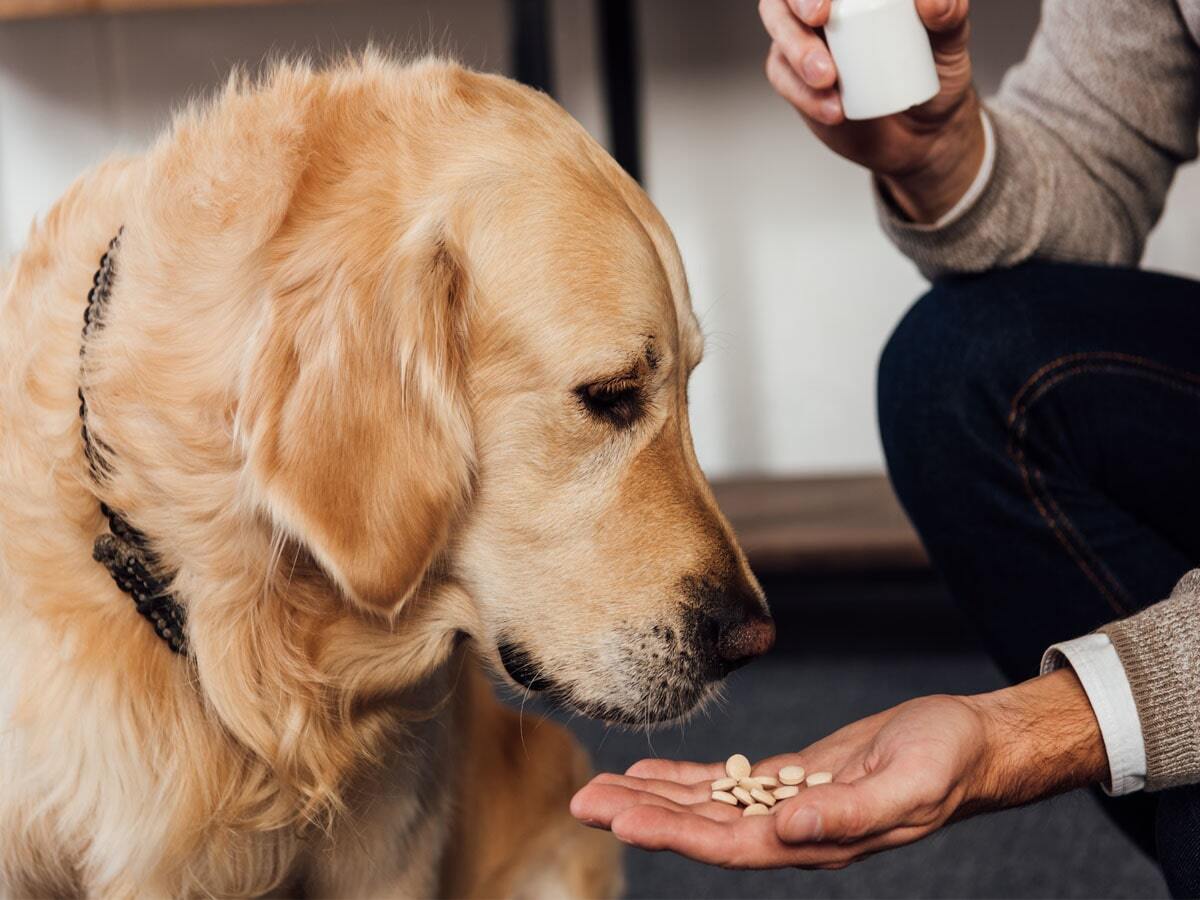Learn about the role of supplements in pet nutrition and gain insights into the types of supplements that can support your pet’s overall health.
The Role of Supplements in Pet Nutrition.
Pet supplements are a growing trend, as more and more pet owners are looking for ways to improve their furry friend’s health. But what are pet supplements, and do they really work?
In this article, we will discuss the role of supplements in pet nutrition, and what you need to know before giving them to your pet.
What are pet supplements?
Pet supplements are concentrated sources of nutrients that are added to a pet’s diet to improve their overall health. They can include vitamins, minerals, amino acids, herbs, and other botanicals.
Why do pets need supplements?
There are a few reasons why pets might need supplements. First, some pets may not be getting all the nutrients they need from their diet. This could be due to the quality of the food they are eating, or to medical conditions that affect their ability to absorb nutrients.
Second, some pets may have special dietary needs. For example, pregnant or nursing pets, or pets with allergies, may need to supplement their diet with certain nutrients.
Finally, some pets may simply benefit from taking supplements as a way to boost their overall health and well-being.
What are the different types of pet supplements?
There are many different types of pet supplements available, each with its own benefits. Some of the most common types of pet supplements include:
- Vitamins and minerals: These are essential nutrients that are needed for good health. They can help to boost the immune system, support bone health, and keep the skin and coat healthy.
- Probiotics: These are live bacteria that are beneficial for gut health. They can help to improve digestion, reduce inflammation, and boost the immune system.
- Omega-3 fatty acids: These fatty acids are important for heart health, brain function, and skin and coat health.
- Herbs and botanicals: These natural substances can have a variety of health benefits, such as supporting joint health, reducing anxiety, and improving cognitive function.
How to choose the right pet supplements
When choosing pet supplements, it is important to consider your pet’s individual needs. Talk to your veterinarian to get their recommendations on which supplements would be best for your pet.
It is also important to choose high-quality supplements that are made from safe and effective ingredients. Look for supplements that are third-party tested and that have a good reputation.
How to give pet supplements
Most pet supplements can be given orally, either as a powder, capsule, or liquid. Be sure to follow the directions on the supplement label carefully.
Some supplements may need to be given with food, while others can be given on an empty stomach. If you are giving your pet multiple supplements, be sure to space them out throughout the day.
Side effects of pet supplements
Most pet supplements are safe when used as directed. However, some supplements can cause side effects, such as diarrhea, vomiting, or allergic reactions. If you notice any side effects after giving your pet a supplement, stop giving the supplement and contact your veterinarian.
Conclusion
Pet supplements can be a great way to improve your pet’s overall health. However, it is important to choose high-quality supplements that are safe and effective. Talk to your veterinarian to get their recommendations on which supplements would be best for your pet.
Additional tips
Here are some additional tips for giving pet supplements:
- Start with a small dose and gradually increase it over time.
- Monitor your pet for any side effects.
- Stop giving the supplement if you notice any side effects.
- Store the supplement in a cool, dry place.
By following these tips, you can help to ensure that your pet gets the most out of their supplements.
Choosing the Right Supplements
When selecting supplements for your pet, it’s important to consult with your veterinarian. They can assess your pet’s specific needs and recommend the appropriate supplements. Look for reputable brands that have undergone third-party testing to ensure quality and safety. Read the labels carefully to understand the ingredients and dosages. Avoid giving your pet supplements meant for humans, as they may contain ingredients that are toxic to animals.
It’s also important to remember that supplements should never replace a balanced diet. They should be used as a complement to a nutritious and well-rounded diet. Additionally, always follow the recommended dosage instructions provided by the manufacturer or your veterinarian.
In conclusion, supplements can play a valuable role in supporting your pet’s nutrition and overall health. However, it’s crucial to consult with your veterinarian before introducing any new supplements to your pet’s routine. With the right supplements, alongside a balanced diet and regular veterinary care, you can help ensure that your furry friend stays healthy and happy for years to come.
You can try a Dog Training Post related tips & Tricks: Tips for Leash Training Your Dog: Enjoying Stress-Free Walks Together











